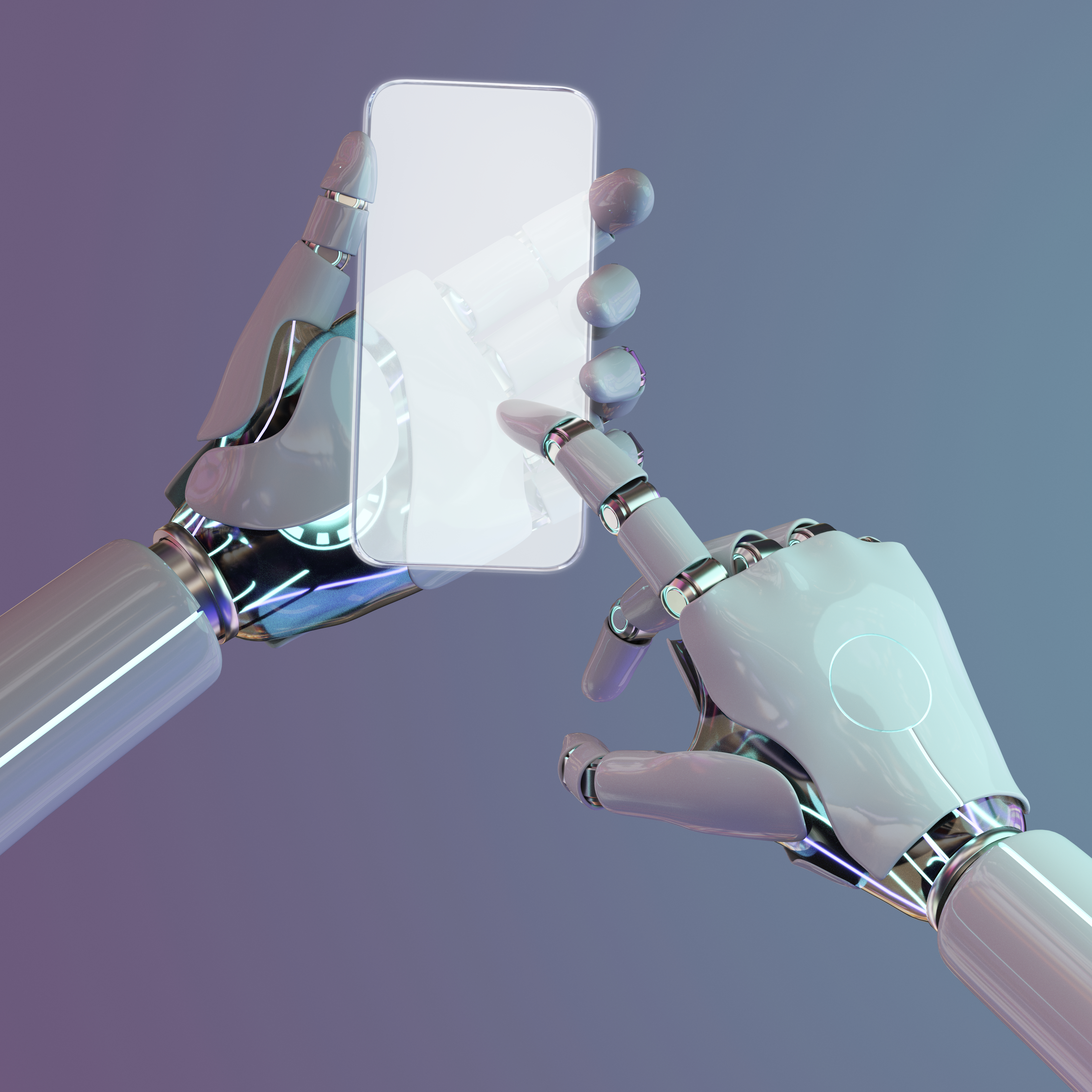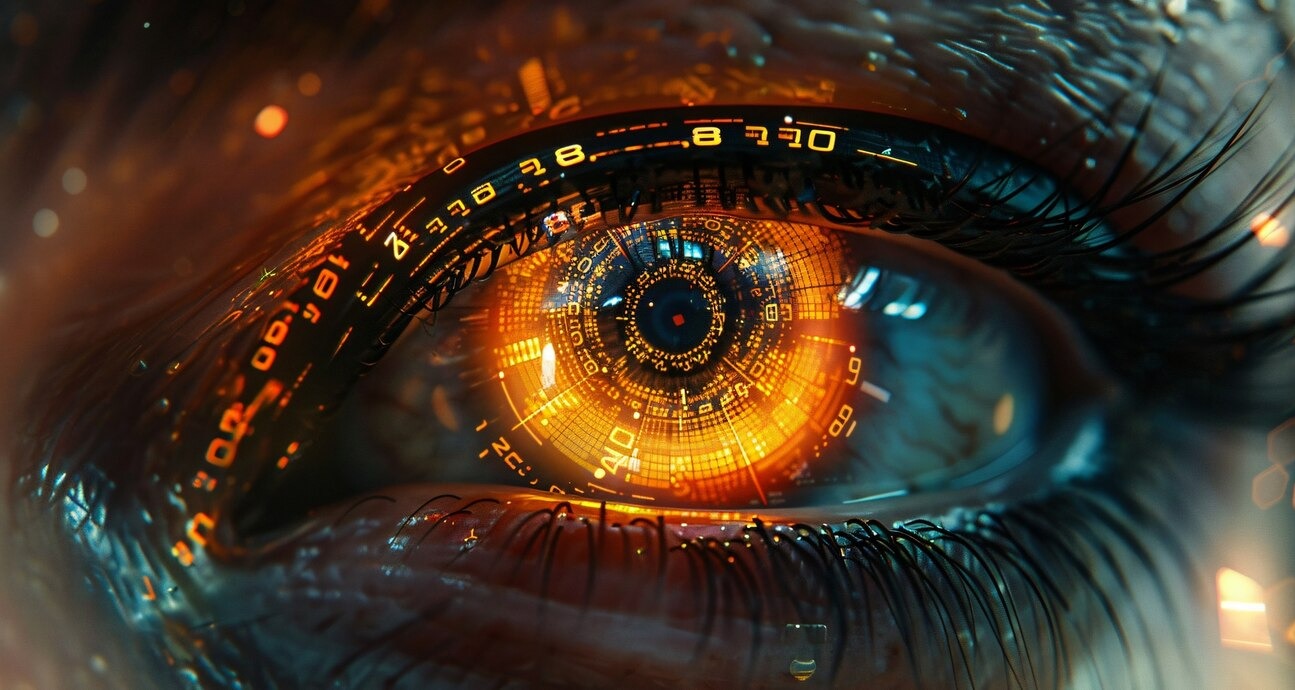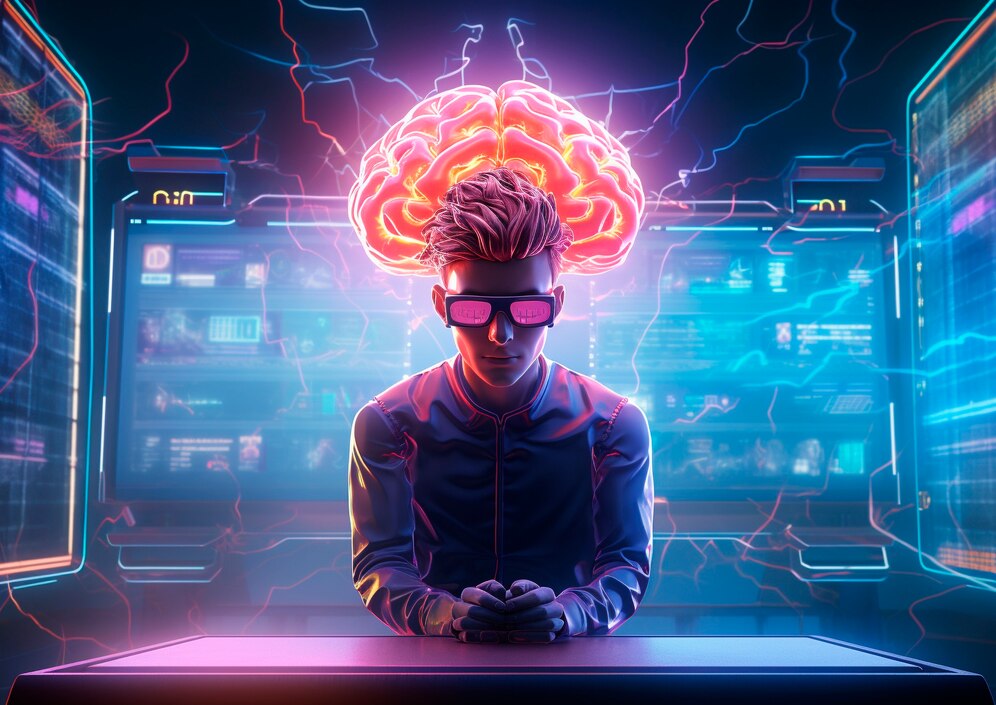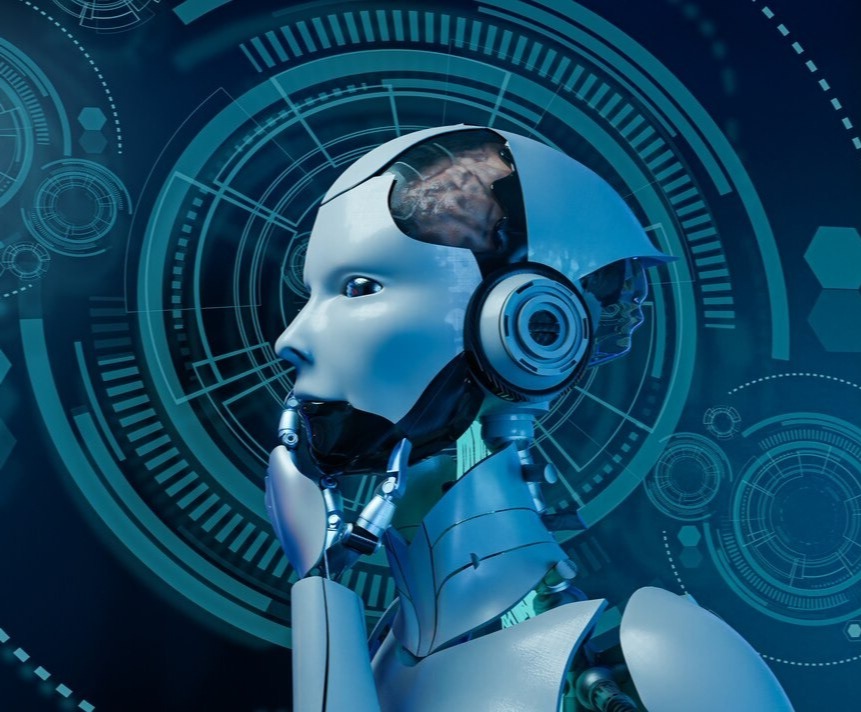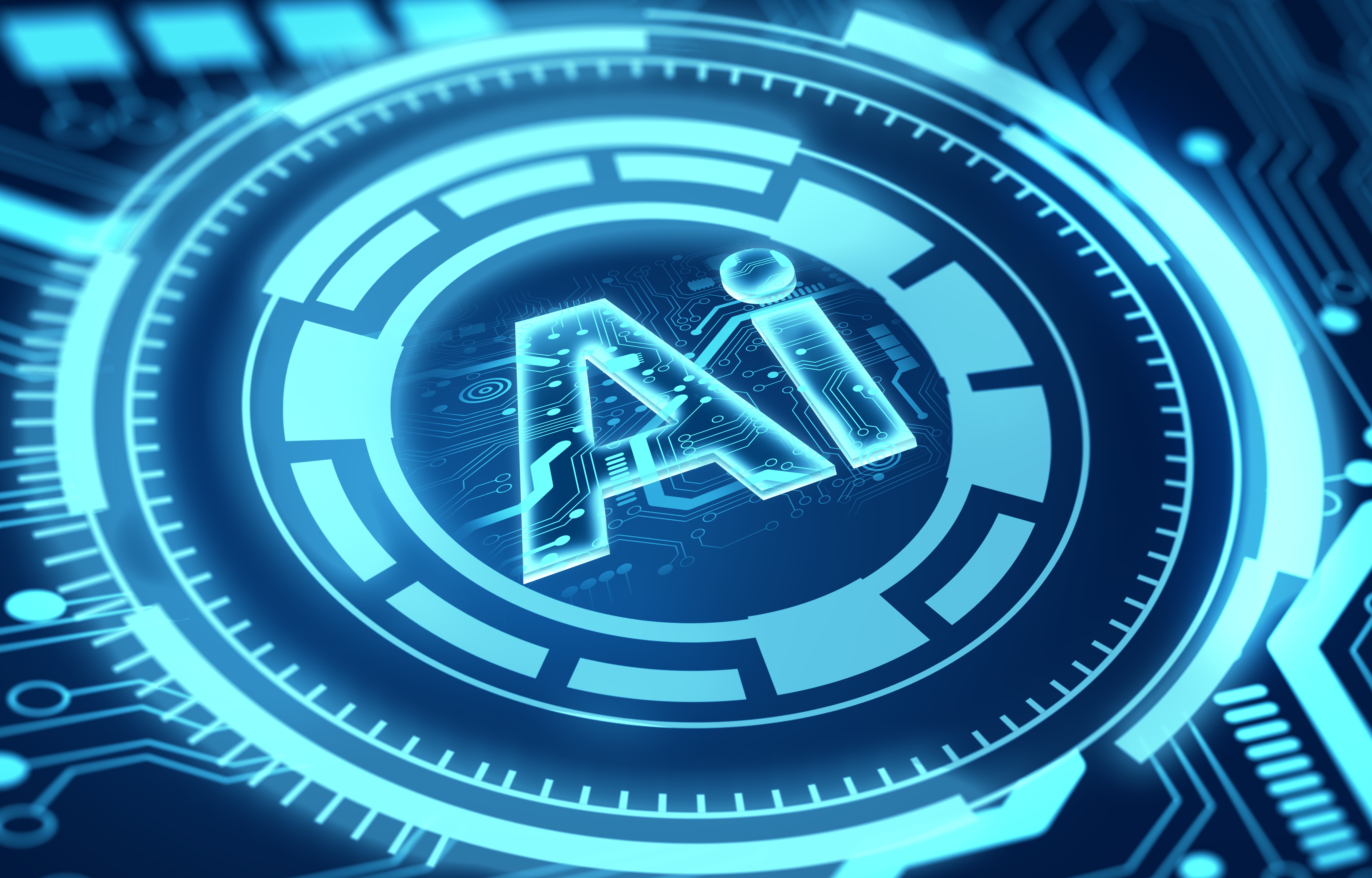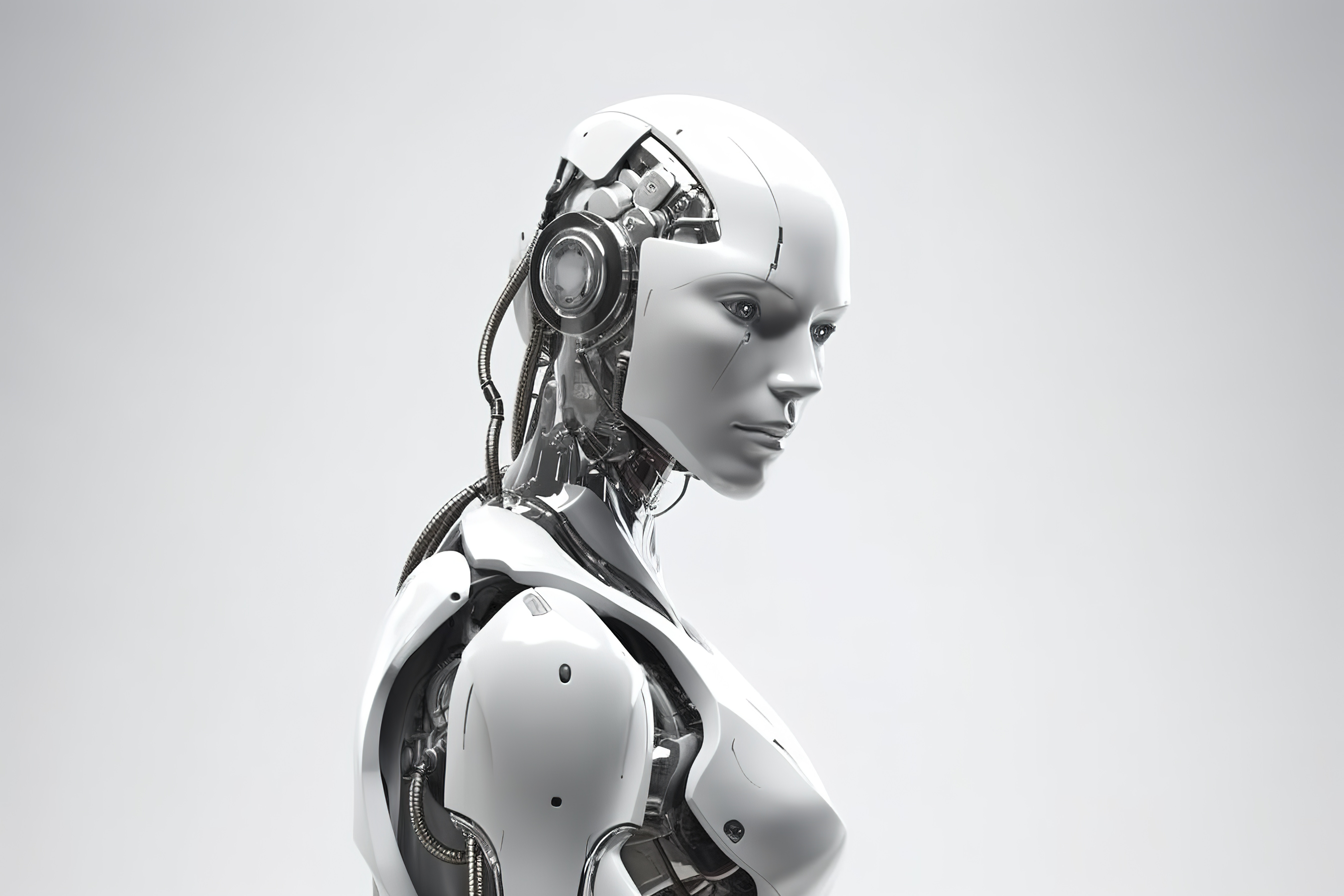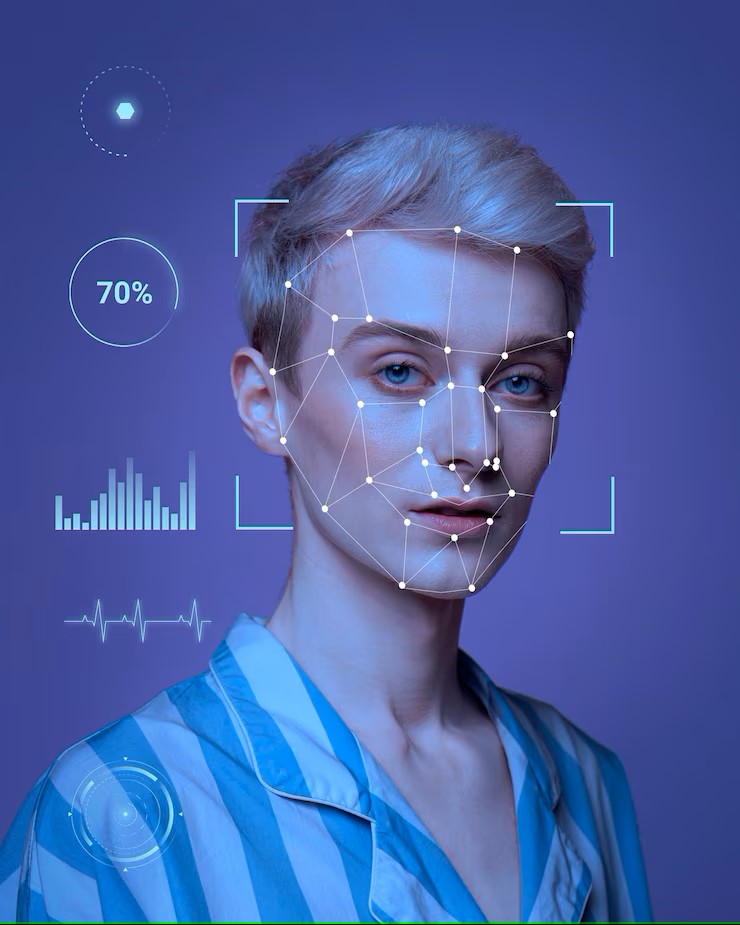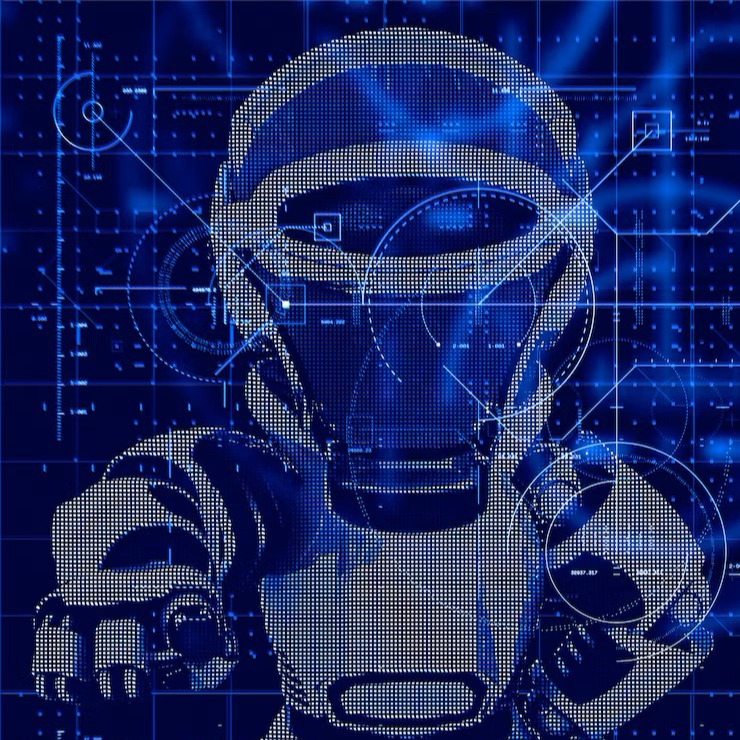What is AI?
Artificial intelligence (AI) can be defined as a set of systems and technologies that can imitate human-like thinking and learning processes. Basically, it enables machines to gain abilities such as problem solving, learning, planning and language understanding by imitating human intelligence. Based on computer science, artificial intelligence works with complex data and makes predictions by drawing meaningful conclusions from this data. Artificial intelligence has sub-fields such as machine learning, deep learning, and natural language processing, and these technologies have revolutionized data analysis and problem solving.
Artificial intelligence is used with various applications in different sectors. It offers a wide range of solutions from early diagnosis and treatment planning of diseases in healthcare to the development of autonomous vehicles in the automotive sector. In the financial world, AI-supported systems are used in investment analysis, risk management and fraud detection, while in the retail sector, it offers personalized experiences by analyzing customer behavior. In the field of education, artificial intelligence analyzes student performances and suggests personal learning paths. These applications are rapidly spreading in order to increase efficiency and reduce human errors.
Artificial intelligence is expected to become more complex and advanced systems in the future. Autonomous systems will combine with robotic technologies to take on more responsibility in many sectors, from factories to agriculture, logistics to healthcare. While artificial intelligence saves time and labor by automating routine tasks in people's daily lives, it will offer deeper and more effective solutions as its data analysis capacity increases. In addition, humanoid robots and artificial intelligence assistants will become a part of daily life by taking human-machine interaction to a new dimension.
As artificial intelligence technology becomes widespread, ethics, privacy and security issues will gain great importance. Issues such as data security, algorithm transparency and responsible use of artificial intelligence will become critical as the technology is further adopted. In addition, workforce transformation and the effects of artificial intelligence on people will continue to be discussed. In the future, artificial intelligence will need to be developed in a way that provides social benefit and be controlled by regulations.
